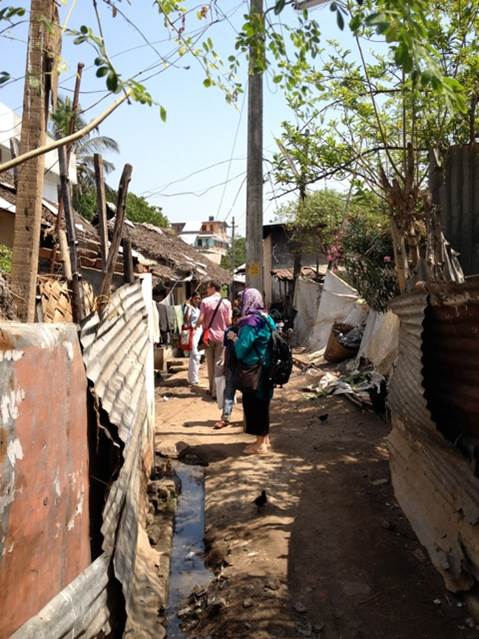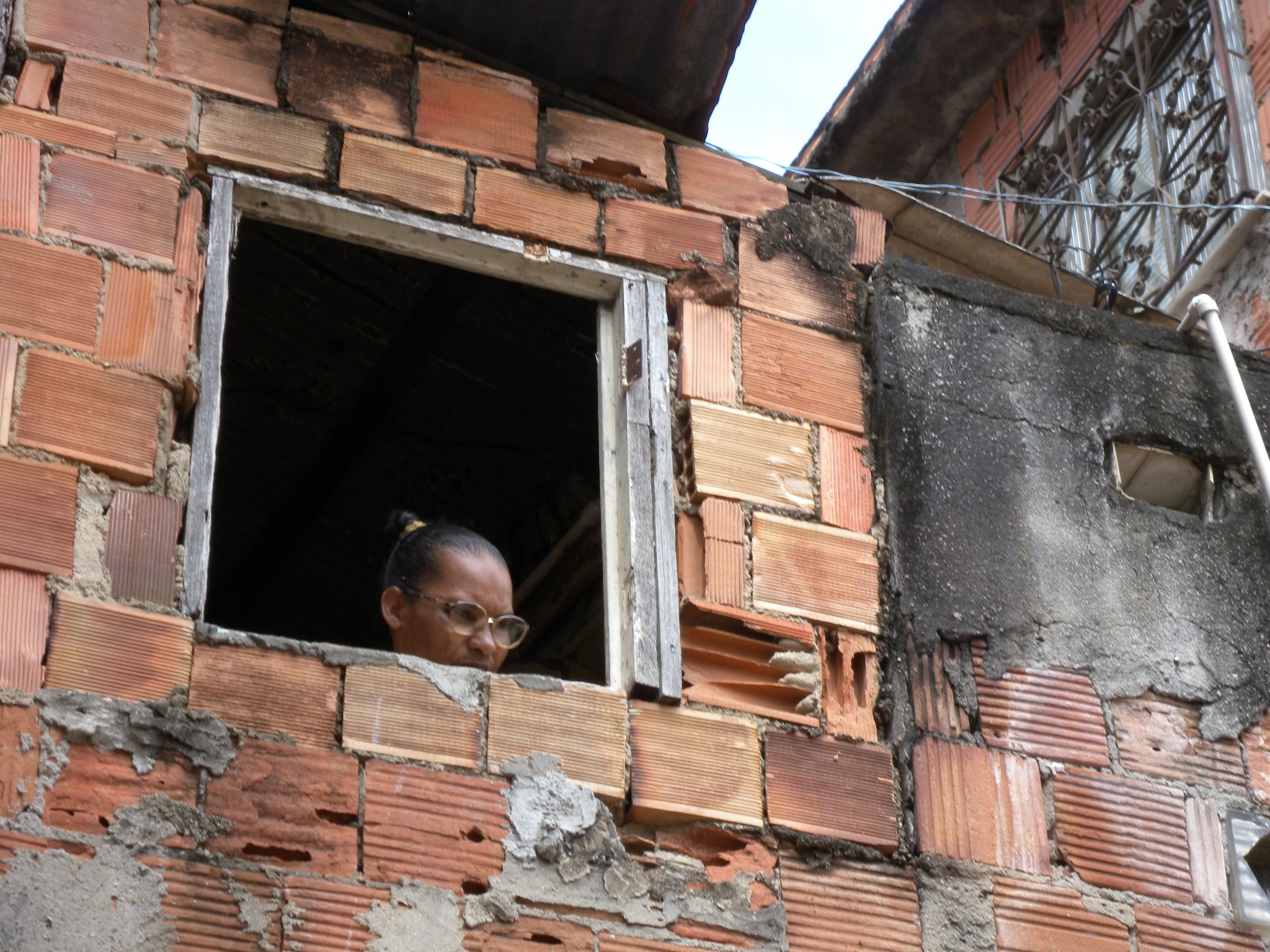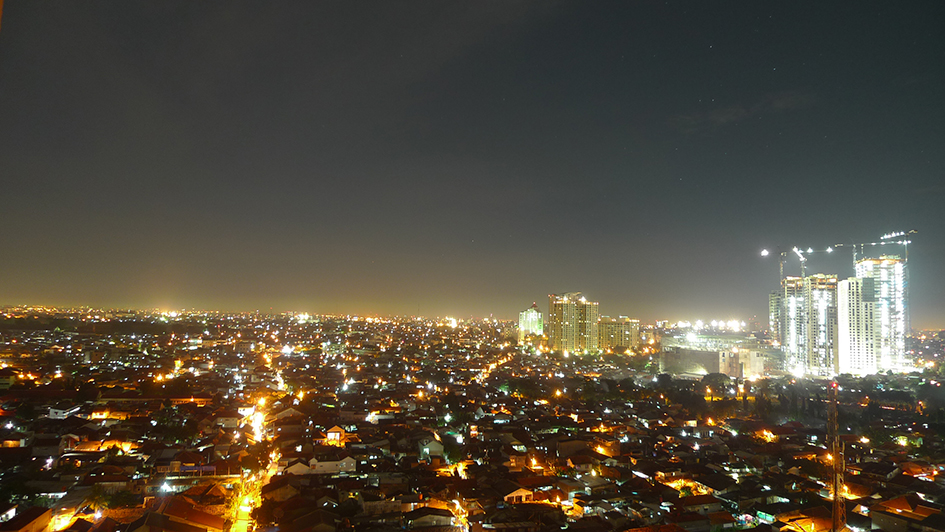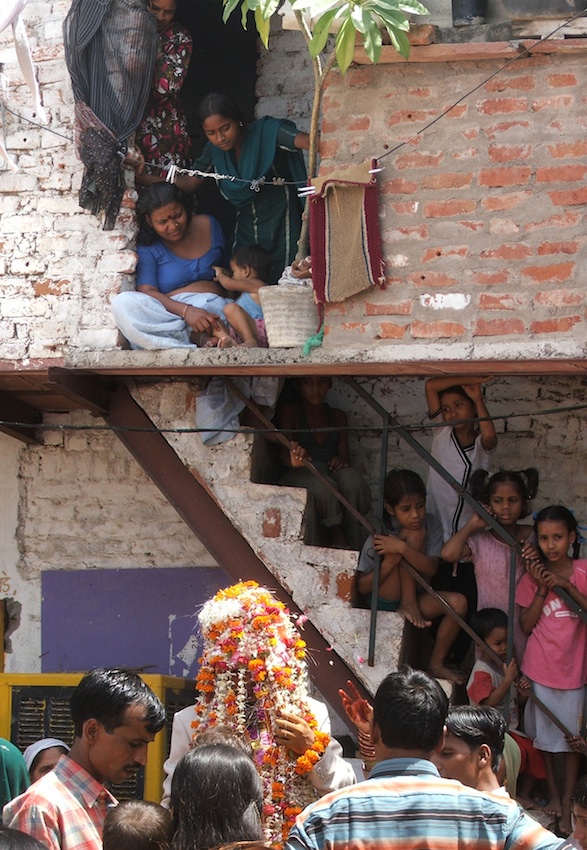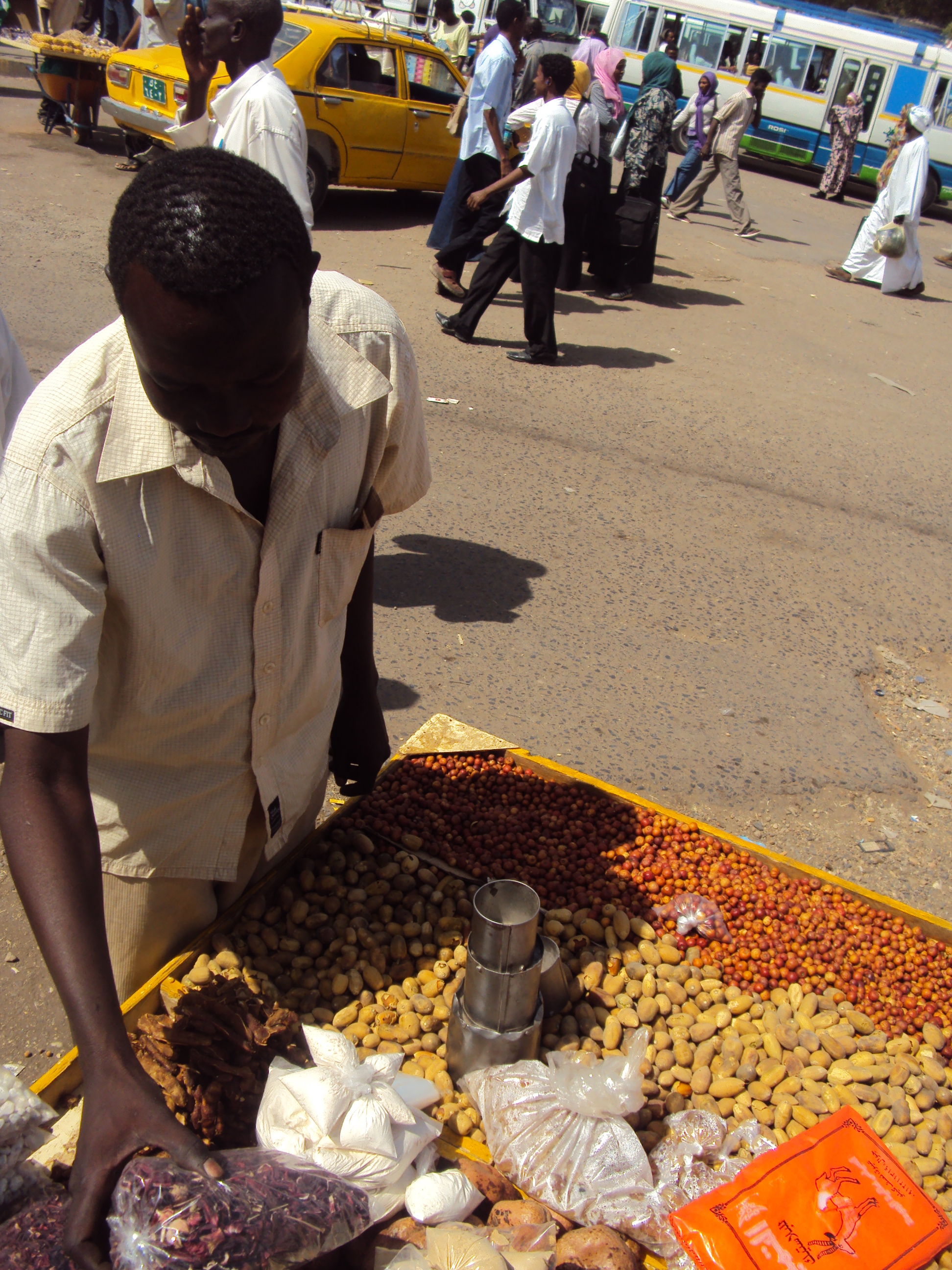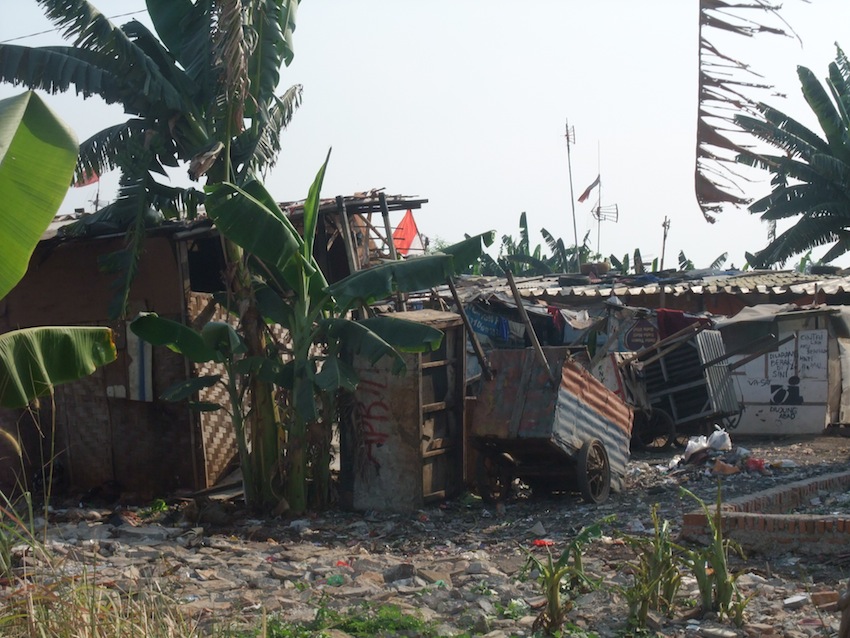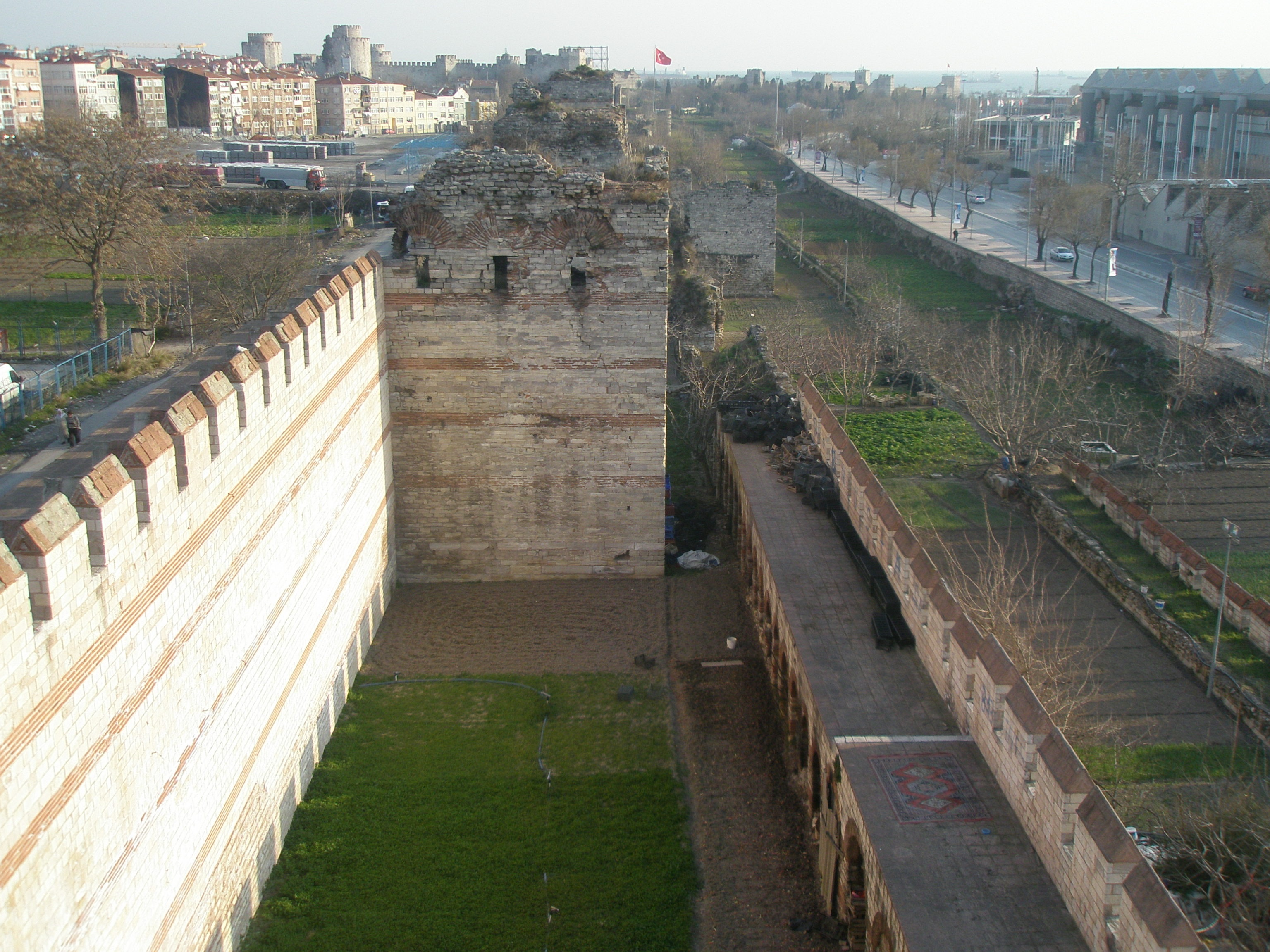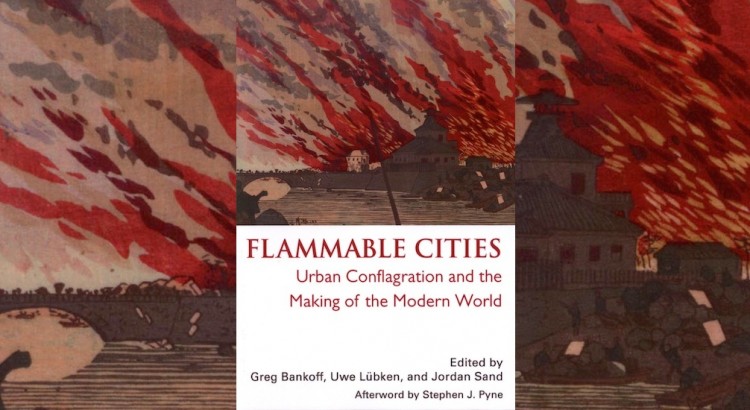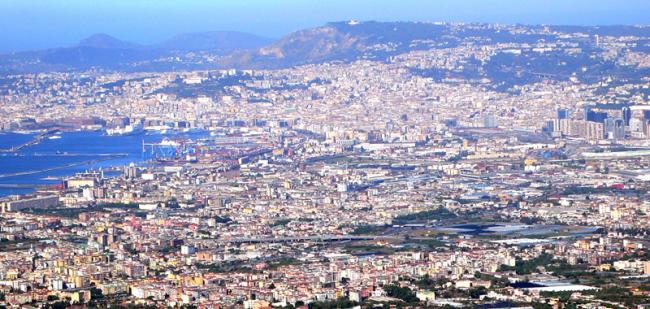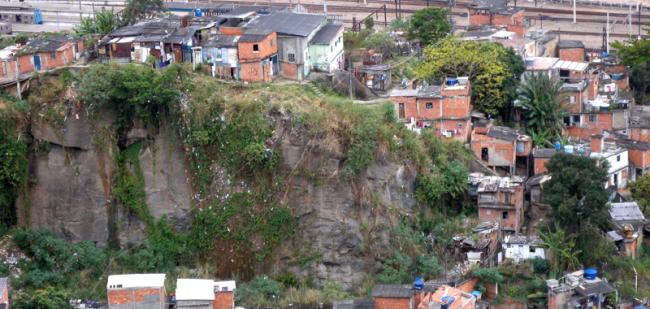Next meeting of the seminar « Territories and informalities in Cities » : Glyn Williams (Department of Town and Regional Planning, University of Sheffield) : “Making Space for Women in Urban Politics? Leadership and Claim-making in a Kerala Slum Upgrade Project“.
Monday, 5th mai, 14h to 16h
Building Olympe de Gouges, room 268 (2nd floor)
The intervention will make reference to:
1. on the relationship between formal and informal politics:
Blom Hansen, T 2004 Politics as permanent performance: the production of political authority in the locality in A Wyatt, J Zavos and V Hewitt, (eds.) The Politics of Cultural Mobilisation in India. New Delhi: Oxford University Press. 20-36.
Blom Hansen, T 2005 Sovereigns beyond the State: On Legality and Authority in Urban India in Blom Hansen, T and Stepputat, F (eds.) Sovereign Bodies: Citizens, Migrants and States in the Postcolonial World. Princeton, NJ: Princeton UP. 169-191
Lund, C. (2006a). “Twilight Institutions: An Introduction.” Development and Change 37(4): 673-684
Lund, C. (2006b). “Twilight Institutions: Public Authority and Local Politics in Africa.” Development and Change 37(4): 685-705
Partha Chatterjee, 2004. ‘Politics of the Governed: Reflections on Popular Politics in Most of the World’ (Columbia University Press, 2004)
Partha Chatterjee 2011 The Debate Over Political Society Chapter 14 of Ajay Gudavarthy (ed), 2011, Re-framing Democracy and Agency in India: Interrogating Political Society. London: Anthem Press 305-322.
2. on the interface between ‘invited’ spaces for participation and urban politics in India:
Coelho, K., L. Kamath, and M Vijaybaskar (2011). Infrastructures of consent: interrogating citizen participation mandates in Indian urban governance. IDS Working Paper Series (Working Paper 362) Brighton, IDS.
3. for (hopefully!) accessible introductions to Kerala’s politics:
Heller, P 2001. Moving the State: the politics of democratic decentralization in Kerala, South Africa, and Porto Alegre. Politics and Society 29 (1), 131-163
Heller, P 2009 “Making Citizens from Below: India’s Emerging Local Government” in Gary Bland and Cynthia J. Arnson, editors Democratic Deficits: Addressing Challenges to Sustainability and Consolidation Around the World. Woodrow Wilson International Center for Scholars. 85-1
Williams, G., Thampi, B.V., Narayana, D., Nandigama, S., and Bhattacharyya, D. (2011). Performing Participatory Citizenship: Politics and Power in Kerala’s Kudumbashree Programme, Journal of Development Studies 47(8): 1261-1280
